Jiří Steimar
出生 : 1887-04-24, Prague, Bohemia, Austria-Hungary [now Czech Republic]
死亡 : 1968-12-16

It is 5 May 1945 and the uprising against the hated German occupiers has broken out in Prague. The Czech guards open the gate of the Pankrác prison to allow the prisoners to escape en masse. Many of them are shot dead by the German guards but young Ruda (Jaromír Hanzlík) manages to run away. He is taken care of by one of the Prague fighters, concierge Kytka. Kytka hides him in the flat of the house's owner where only the young maid Karla (Jana Brejchová) is left, ordering her to take care of Ruda.


Uncle
The exemplary accountant Antonín Safránek lives his orderly life as a citizen of a small town. His wife Eliska brings up their three children and desperately tries to get by on her husband's low salary every month. At the same time, she sadly watches the luxurious life of their neighbor and other people like him who have no qualms about improving their standard of living by cheating. One day, the infallible Safránek makes a mistake in the cash clearance and there are nine one-hundred Crown bills left in the safe. An unexpected company control carried out the next day passes without problems and the account is closed. The temptation is too strong. The insufficient control enables Safránek to gradually steal one million Crowns.
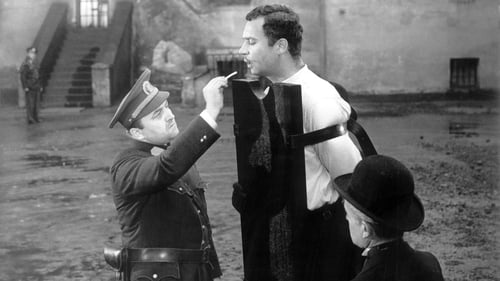
A dark comedy about a murder and its consequences presented in a backwards manner, where death is actually a rebirth. The film starts with an "execution" of the main protagonist and goes back to explore his previous actions and motivations.
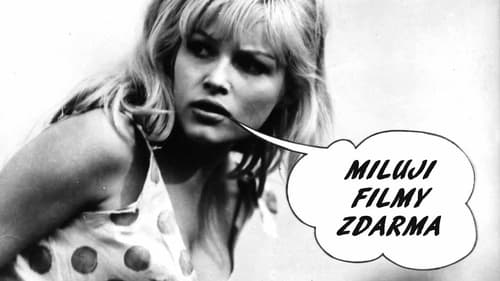
In this zany Czechoslovakian comedy, a scientist invents a machine that projects a sleeping person's dream on a screen; disaster soon follows when the machine malfunctions and the cartoon-like dream characters become very real!
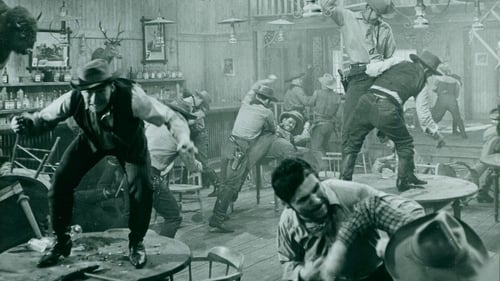
A satire of the Great American Way, with Lemonade Joe a "clean living" gunfighter who drinks only Kola-Loca Lemonade and convinces everyone else in town (with his gun skills) that all "real men" drink ONLY lemonade!

Teacher
Based on a novel by Maria Majerova, this well-photographed but routine romantic drama is directed and co-scripted by Vaclav Krska. Set in a more old-fashioned time, the story centers around Lenka (Suzana Fisarskova), a young woman with a domineering, psychologically abusive father. When Lenka falls in love she suffers the ultimate injustice when her father and her family forbid her to marry the man. They see no advantage in such a union and want her to marry a wealthy local landowner instead, for obvious reasons. But Lenka is not as submissive as they think and she runs away to the city to look for the man she loves -- only to find a serious problem, though a surmountable one, is waiting for her.

Judge

Courtier
The second part of the revolutionary Hussite trilogy takes place in the years 1419-1420.

rector Thomé
Venice Film Festival 1955

komoří
Jan Hus is a 1954 Czechoslovak film directed by Otakar Vávra. It is the first part of the "Hussite Revolutionary Trilogy", one of the most famous works of the Czechoslovak director, completed with Jan Žižka (1955) and Proti všem (Against All Odds, 1957).

Supovsky

František Ferdinand Šamberk

At the end of the First World War, Nikola Shuhai and his friend from the army desert. On the way home, to the village of Kolochava, they both find refuge with baby Jaga. Jaga mixes them a drink to protect them from the deadly bullets. The bachelors must promise to marry her daughters in exchange for a drink, or they will be punished. Nikola finds his home village in poverty. He stands against the powerful and the rich, and they turn the gendarmes against him. Nikola hides from them in the woods, where he will remain even after the end of the war, because nothing has changed for the villagers. Out of poverty and hopelessness, other men join Nikola and together they raid the wealthy. Nikola distributes the obtained booty to the poor and needy, who see him as their protector and hero.

ředitel drážďanské opery

Hájek

Michal

JUDr. Uhlíř

Hrubý

Arnošt Hartl

Albert Angely

Kacík

Felix Kavalír
Adam Kavalír returns from abroad to take over the family factory from his father. But as a consequence of his father's bohemian lifestyle the business is so far in debt that the Kavalírs even lose their villa and must find a place to sublet. Mrs. Trojanová is no longer up to managing her pension, the co-owner of which is none other than her peevish daughter Eva, and she is looking for a capable manager. Adam applies for the position and is accepted.

Rudolf Doucha

Marat
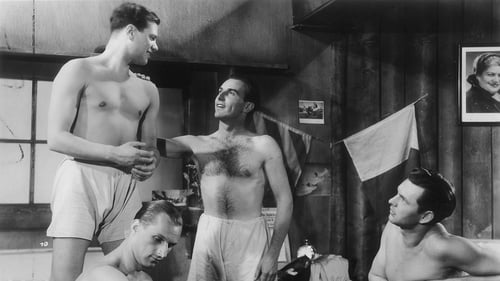
Ing. J. Bína

Roveredo

Rybar

Jaroslav Topol
Mother-Hen

Marten
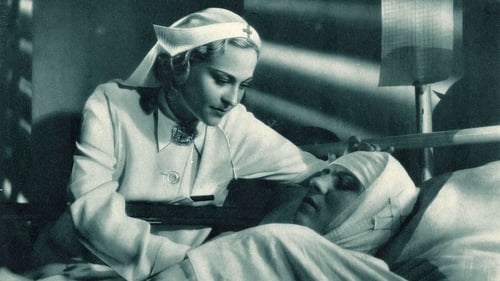
Jan Nor

Alexander Rón
Woman concert star seeks to connect with her adult daughter, by her former marriage to a staid industrialist who has kept the two apart since the girl was very small, and receives inadvertent help from the industrialist's just-fired employee who has fallen in love with the girl.

Karel

Helena Leeová is at a spa with her daughter Marcelka. One day a lifeguard saves her from drowning. The rescued woman comes to in the lifeguard's arms. This incident is used by the newspapers to promote a society scandal. They print a report that the lifeguard was seen with Helena in her bedroom. Helena's husband, the banker Filip Lee, is a candidate for bank president. The scandal threatens his career and thus Lee at once demands a divorce. His legal representative, Jan Farrland, not only wins the divorce suit but also manages to have Helena's daughter taken from her custody. One day Farrland meets Helena at a society party and he comes to understand that he has wronged her, and he falls in love with her.

The case of Colonel Redl -- an officer blackmailed into spying by virtue of his homosexuality.

St. Wenceslas (Czech: Svatý Václav) is a 1930 Czechoslovak historical film about Saint Wenceslas.[2] It was the most expensive Czech film to date,[3] with the largest set constructed in Europe to accommodate an all-star cast of over a hundred, together with 1,000 extras for the lavish battle scenes.

Officer

Director











